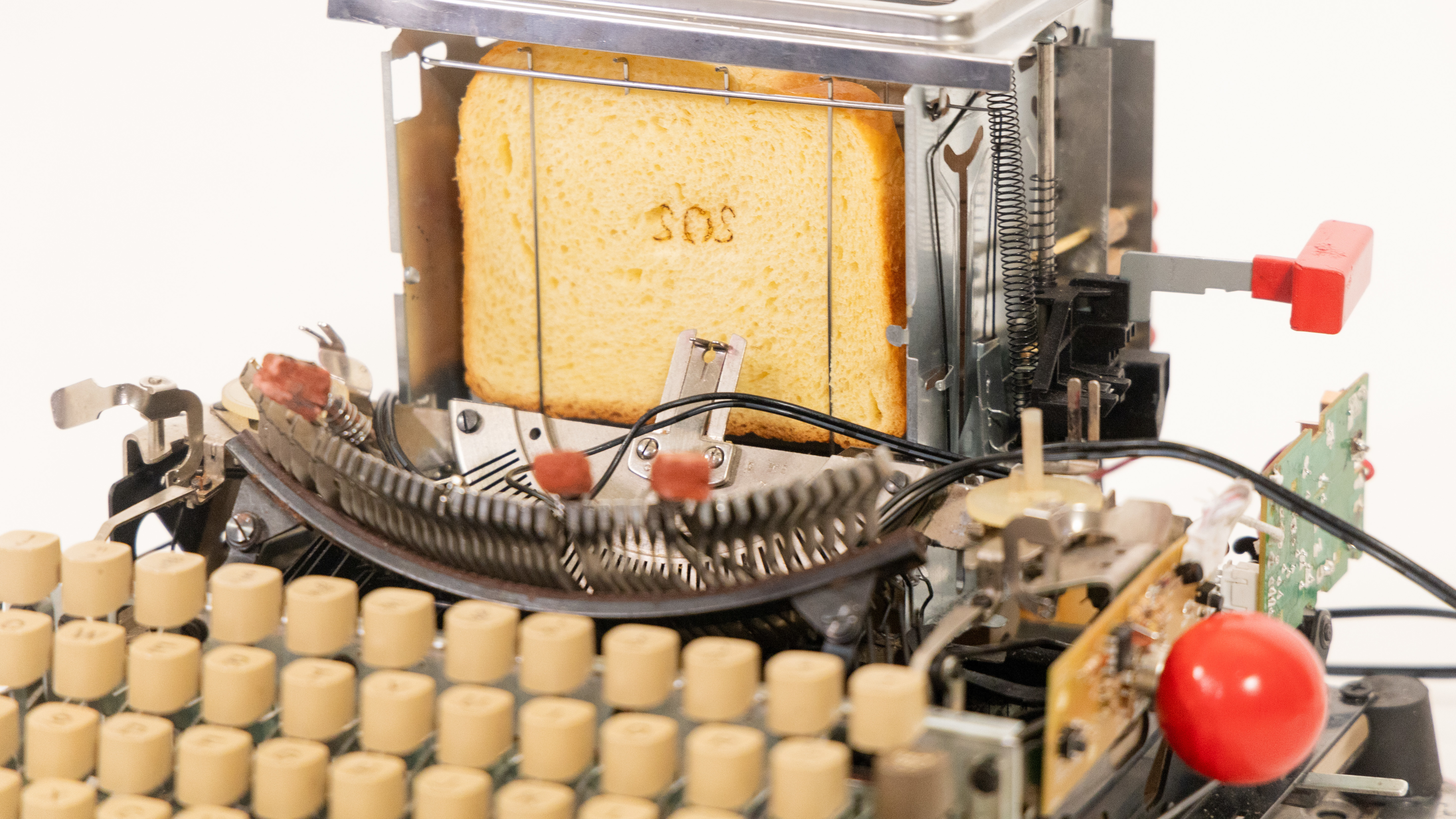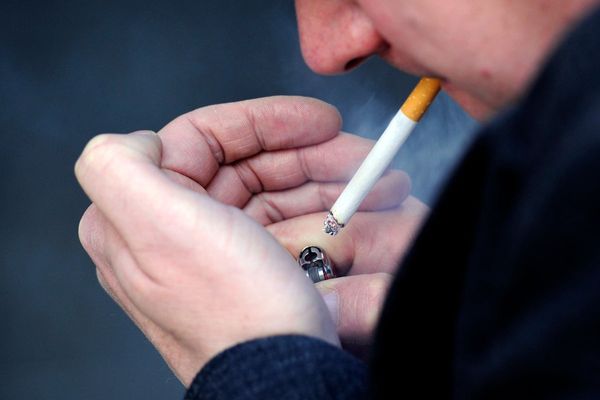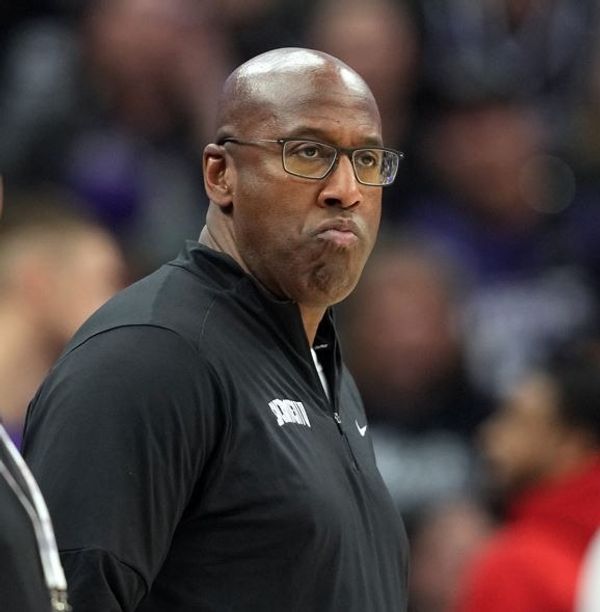
Joining the club with other weird and wacky pieces of modern tech relating to typewriters, the "Toaster-Typewriter" created by a college student is a fully functioning typewriter where your bread becomes your paper. This unique Toaster-Typewriter was initially brought to our attention by Hackaday's coverage. Still, the meat of this project's information is available on a Creative Applications webpage, dubbed "An investigation of humor in design."
As noted by the creator of the Toast-Typewriter, Ritika Kedia, "Design is too serious. Despite being an industry of innovation, we can often be too limited in our approach. Design can and should do more [...] I am proposing a paradigm shift within the industrial design community: design needs humor."
While it's true that not many people are likely to buy a toaster that requires you to type 100 separate characters every time you want a side of your bread toasted, it's not hard to see her point. The world of electronics tends to pick utilitarianism above all, which often means sacrificing "humor" or any other principles that may drive a design besides money.
Over eight weeks, Ritika Kedia carefully restored a 50-year-old typewriter and melded it with a $15 toaster. She notes, "It has to be a third machine of its own personality. The functions of the typewriter were given to the toaster—like being able to move the page. [...] And vice versa, the typewriter could now toast bread."
The simple humor of devices like the Toast-Typewriter helps remind us what we do and don't take for granted with modern computing workloads. While those actively looking for better typing are likely best suited with mechanical keyboards, typewriters are an ever-pleasant reminder that the first PCs didn't even have screens. So, projects like this or hooking up a Raspberry Pi to a typewriter aren't only reviving old hardware but recontextualizing it for today's use.
As noted by Ritika, this Toaster-Typewriter was created as a BFA Product Design thesis project that doubled as a study on humor in design. This study included consultation and interviews with 11 "Humor Experts," including a few comedians, actors, and writers, before the eventual creation of the Toaster-Typewriter.







